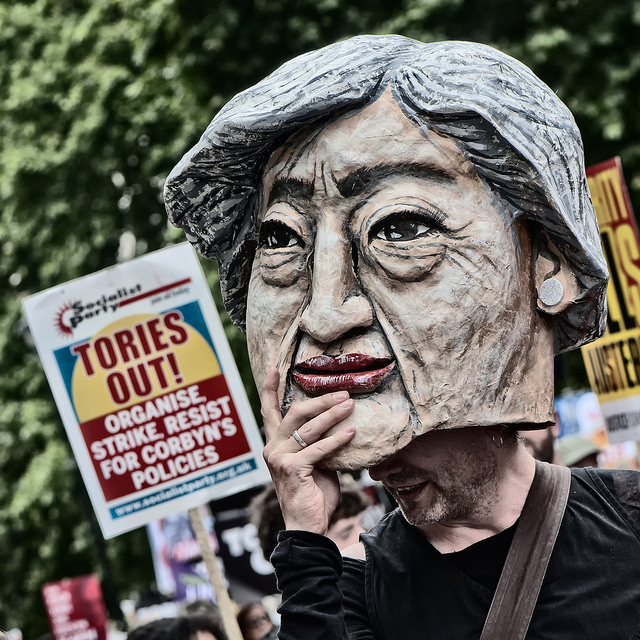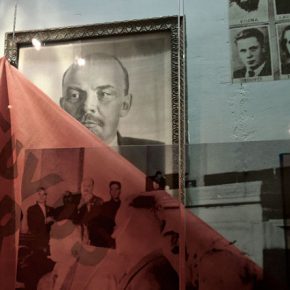It is now over a year since Theresa May came to power. She did come to high office on the back of an electoral victory. Nor was she even elected by Tory members. May was simply in the right place at the right time. But now she is in the wrong place at the wrong time.
The day after the election, Theresa May could be seen clinging to the rock face of power by her fingernails. Ordinarily, May would have fallen or been kicked off by the cabinet. Instead, the Prime Minister was thrown a lifeline by the 1922 committee.
The committee helps maintain the party order and, as such, plays a decisive role in making and breaking Tory leaders. In the case of May, the 1922 committee understands that the Conservative government is doomed if it faces another snap election. If the committee led a revolt against the party leader, the ultimate result could be Jeremy Corbyn leading a Labour government.
More importantly, there is no one character to replace May with and reverse this state of affairs. Not Michael Gove. Not Amber Rudd. Not David Davis. Not Jacob Rees-Mogg. And certainly not Alexander Boris de Pfeffel Johnson. So it goes. The Tory cabinet remains united in its fear of Corbyn coming to power. This is all that keeps May in power for now.
Some desperate souls in the Conservative Party are exploring the possibility of building a Momentum-style grassroots network – as if you can astro-turf a groundswell of Tory activists. Meanwhile the Tory plotters hope they can buy-off working class opposition and split the Labour vote. Neither of these proposals are likely to succeed. History suggests the party will be chased out of office in six to 18 months.
This may paralyse the British government. Brexit is the main the government deals with because it requires no parliamentary votes. Lacking a mandate means May cannot afford to take risks on ‘red meat’ issues, like bringing back grammar schools and fox hunting. The fact that May entertained these minority concerns reveals her hubris. She believed defeat was not even a possibility.
Of course, the real dilemma is that the Conservatives have to execute Brexit and ‘reboot’ capitalism to fit the new conditions. Yet the industrial base of the UK was destroyed long ago. The only alternative – to fall back on export growth – has been ruled out by four decades of neoliberal policy decisions. So the Tories are wedded to the very project which stands in their way.
This may be why the May agenda faltered. Theresa May set out to reinvent the centre ground along nationalist lines. Brexit would be a bold course in ripping open the economy to global capital, while the country withdrew from the biggest trading bloc in the world and border controls were tightened. The May agenda has been defeated.
The reason why liberal and conservative pundits are so confused is that they always assumed the centre ground was a static entity that they could all find on the map. Except the centre was a shifting terrain. What was once right-wing became centrist within a matter of years. The pace of this shift has continued until quite recently.
The centre ground was ideologically weak after the 2008 financial crisis. The idea that ‘markets know best’ and the combination of deregulation and low taxes would herald the end of boom and bust was left discredited. Yet the incoming coalition pursued a new round of neoliberal policies. David Cameron reused the Blairite language to sell a more right-wing programme.
Finally, the centre ground collapsed with Brexit. We now face a much more open situation than before, the political possibilities have been sprung open: the Labour left is a serious contender for power. This is unprecedented in British history. If the left can act decisively, the next forty years could be dominated by progressive politics.
Nothing is guaranteed. Trump’s victory shows what the alternative may look like. If the Labour Party fails, for whatever reason, the emergence of a far-right populist leader can’t be ruled out. Right now, the extreme right is fractured and weak while the extreme centre cannot reproduce itself fast enough. In other words, the situation is excellent.
Photograph courtesy of Ant Smith. Published under a Creative Commons license.





